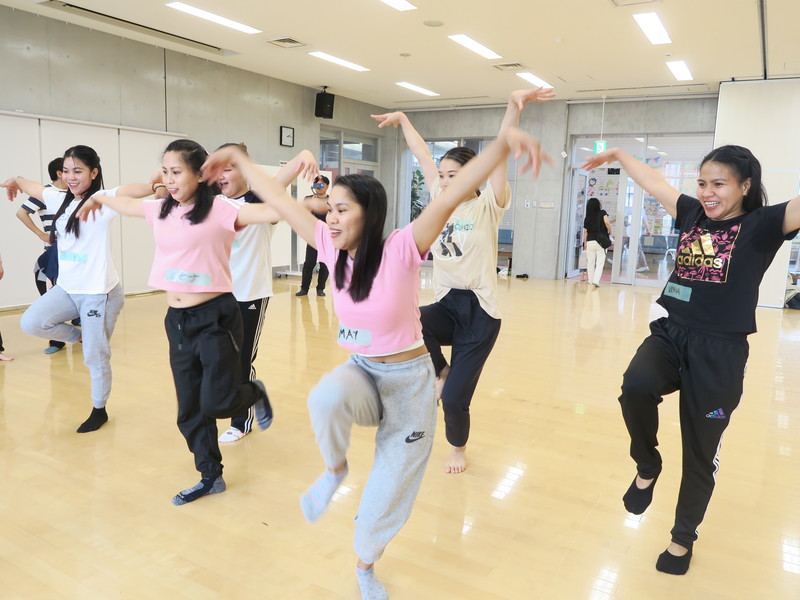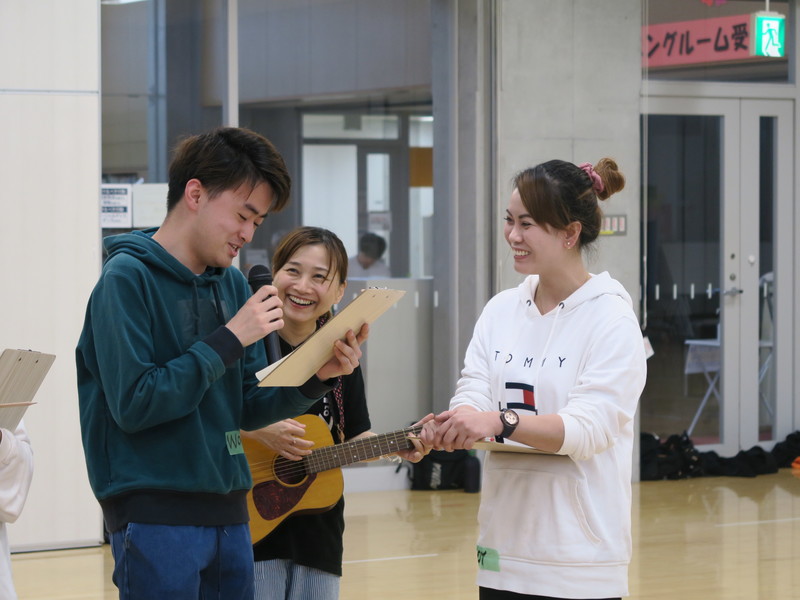Kurume City Plaza Art Project 2024 “See you in Kitano-machi”
Kurume City Plaza has been running the three-year project “See you in Kitano-machi” since 2023, with the aim of promoting networking that leads to mutual trust across nationalities, while utilising the socially inclusive elements of culture and the arts.※1
Kitano-machi, where the project takes place, is located in the northern part of Kurume City and is a town with a thriving agricultural industry. It is an area with the highest rate of non-Japanese residents in Kurume, with an increasing number of farmers accepting technical intern trainees. ※2
(From the Agency for Cultural Affairs x Kyushu University joint research team's “First Handbook on Social Inclusion x Cultural Arts”.)
(Number of non-Japanese residents in Kurume in August 2022, based on the current situation in Kurume City, September 2022.)
★Click here for Japanese(日本語ページはこちら)
In 2024, there will be four dance workshops (dance version) and two workshops focusing on singing (song version).
The dance workshop will be facilitated by experienced dancers who are active both in Japan and abroad.The singing workshop is conducted by Shinichi Anasako, a playwright and director living in Kitakyushu City, who also has a deep knowledge of rap music, using communication games.

The challenge is to communicate through the body in time with music!
Ayano Momoda(Choreographer,Dancer/Leader of Da no Dance)
Masakichi(Choreographer,Dancer)
Date and venue
Venue: Multipurpose Room at Cosmo Smile Kitano
★Click here for the implementation report
Venue: Multipurpose Room at Cosmo Smile Kitano
★Click here for the implementation report
Venue: Cosmos Park (Held within the Cosmos Festival venue)
★Click here for the implementation report
Venue: Multipurpose Room at Cosmo Smile Kitano
★Click here for the implementation report

We tried our hand at writing lyrics for the original song “We met in Kitano-machi”.
Date and venue
Venue: Medium Conference Room in the main building of the Kitano Lifelong Learning Centre
★Click here for the implementation report
Venue: Multipurpose Room at Cosmo Smile Kitano
★Click here for the implementation report
Cooperation by Kurume University Faculty of Letters Department of Intercultural Studies





